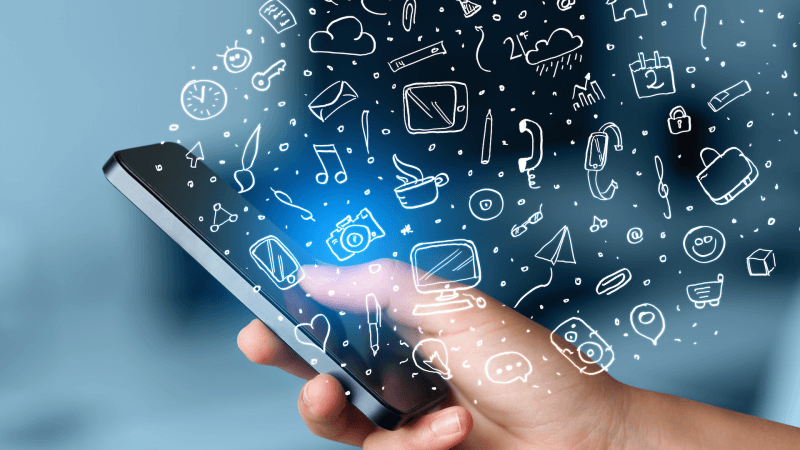What Happens When In-Person Socializing Meets Smartphones?
Originally written for the YULA Psychology Club
February 24, 2025
Psychologists have long understood that positive social interactions encourage the mental well-being of many. In this day and age, however, with smartphones in the mix, social interaction spans long distances and many times lacks face-to-face communication. Whilesome psychologists believe that mobile communication has a positive influence on psychological health, Sherry Turkle in her book Reclaiming Conversation deduces that in using smartphones, many deprive themselves of experiencing spontaneous deep conversations. She feels that cell phones do not only worsen the capacity for intimacy and chemistry with others but also tear apart the social foundation of communities.
In a recent study, 89% of Americans reported that during their last social interaction, they checked their phones, and of those, 82% reported that their phone usage weakened their conversation. Evidently, smart- phone usage leads to shallow conversation about sub-
jects that both parties don’t mind interrupting. Mid-conversation smartphone usage also decreas- es the empathetic bond between people. Studies have found that with a cell phone on the table, the emotional importance of the conversation diminishes, along with
the connection between its participants.
Turkle also points out that humans are so vulner-
able to the appeal of smartphones because the devic- es misleadingly promise constant company, enter- tainment, and the illusion of multitasking. In essence, smartphones deprive people of meaningful interac- tions. When people let their smartphones enter theirconversations, they may think they are connecting with others when they are actually losing the empathy and intimacy that makes connecting with others possible.







